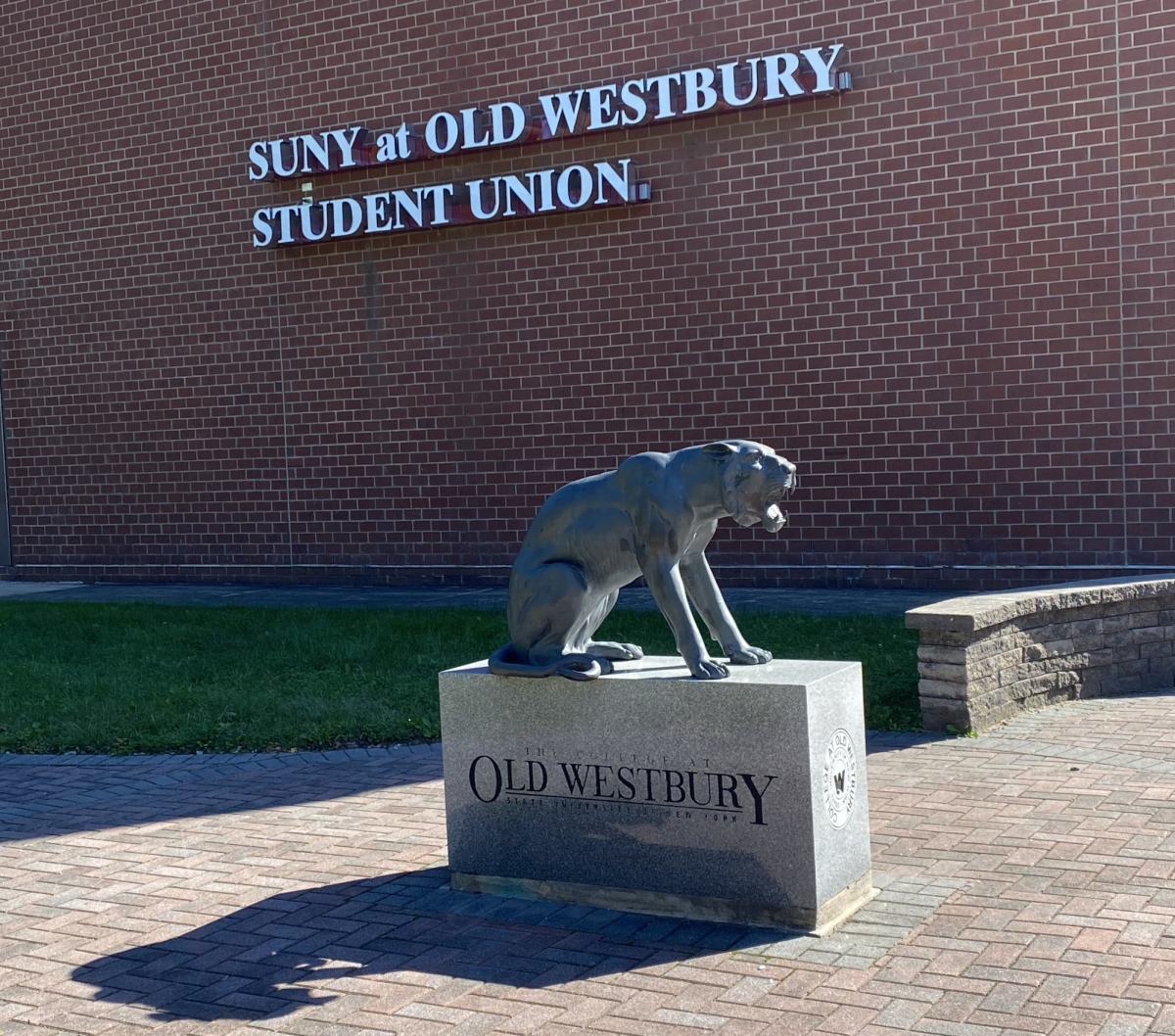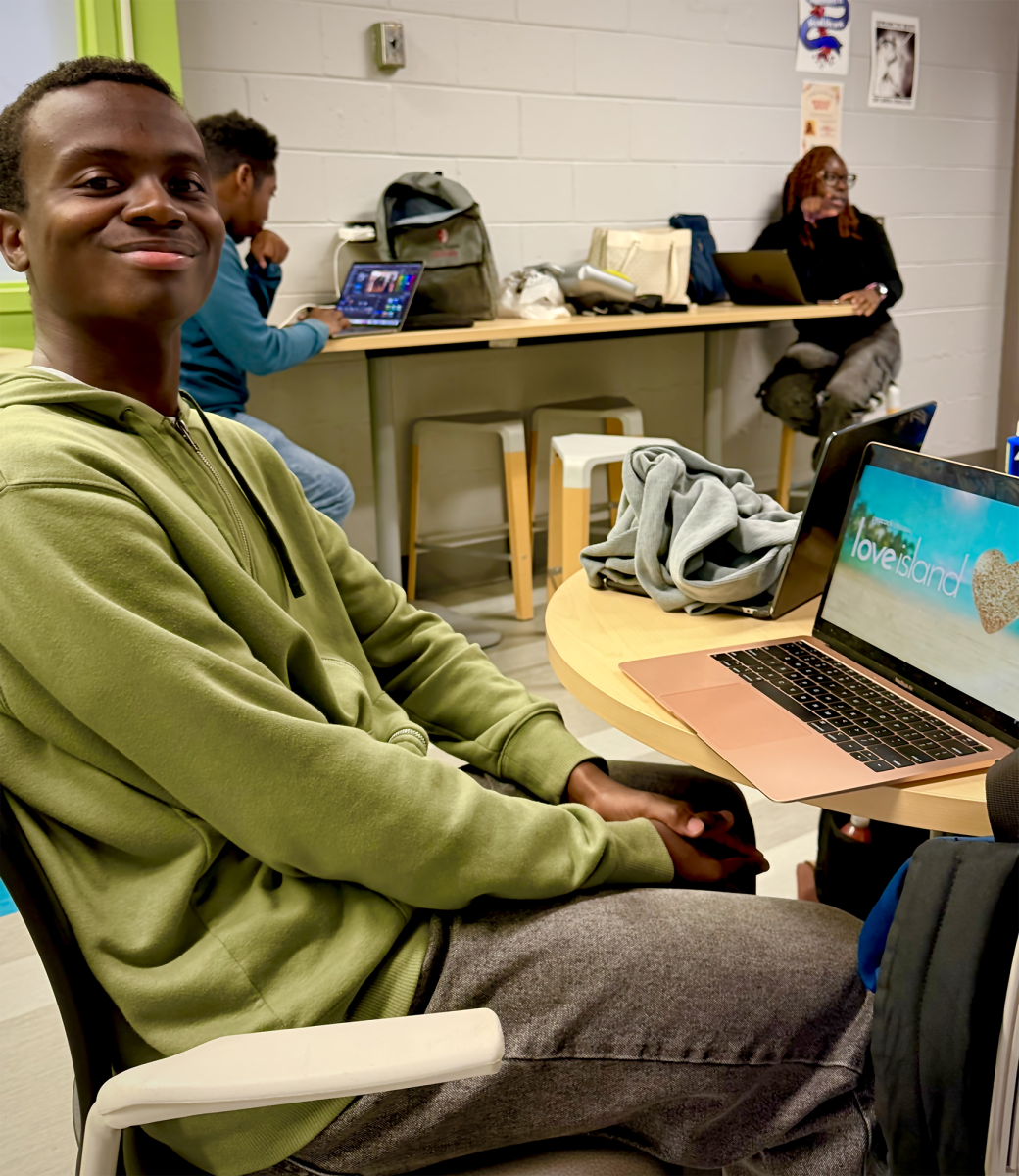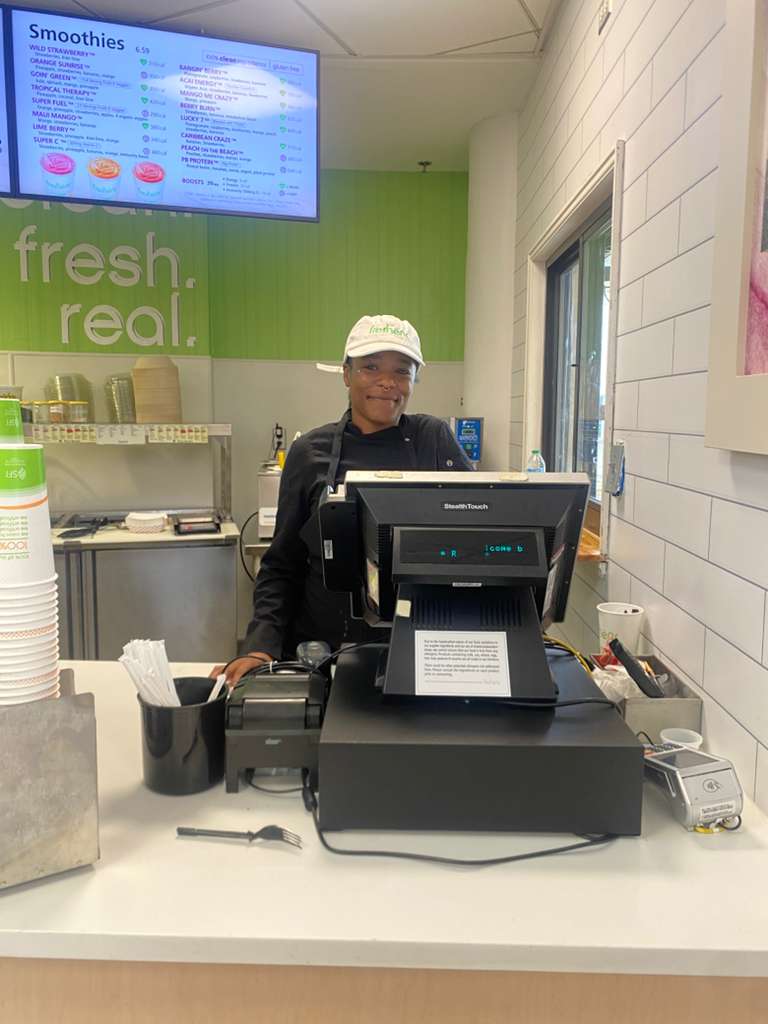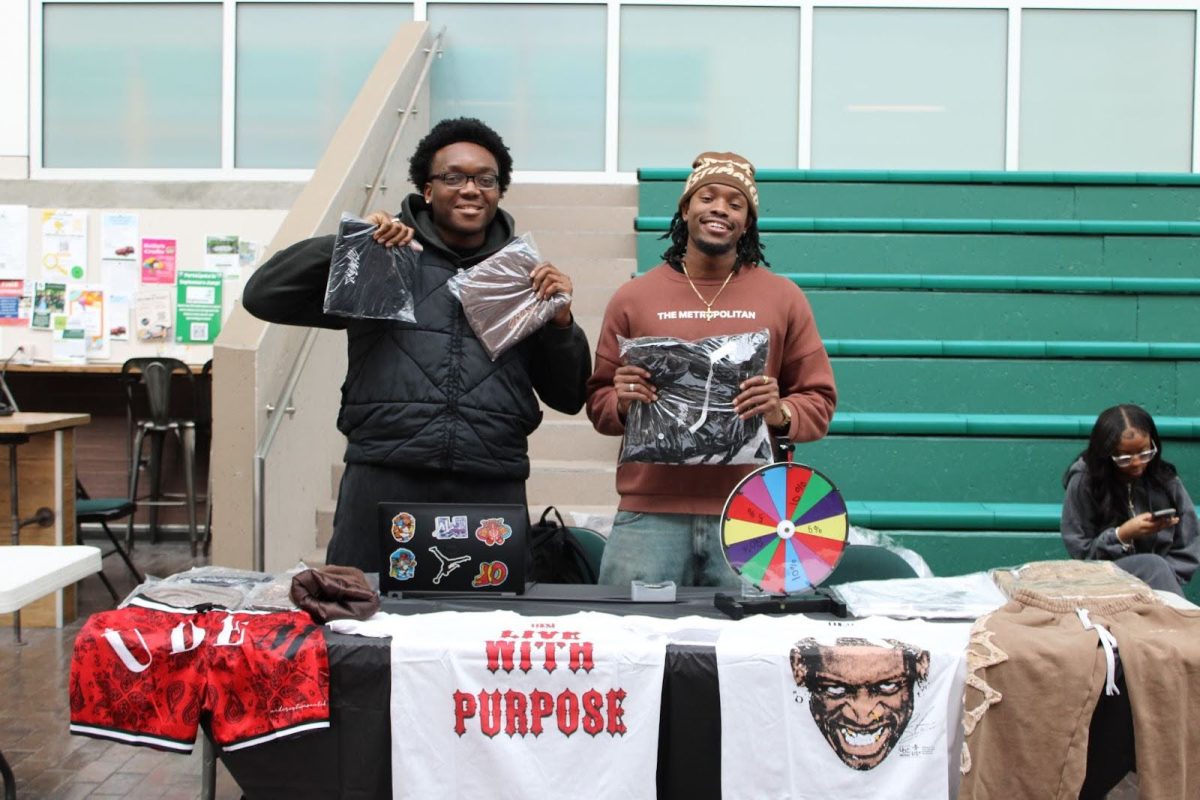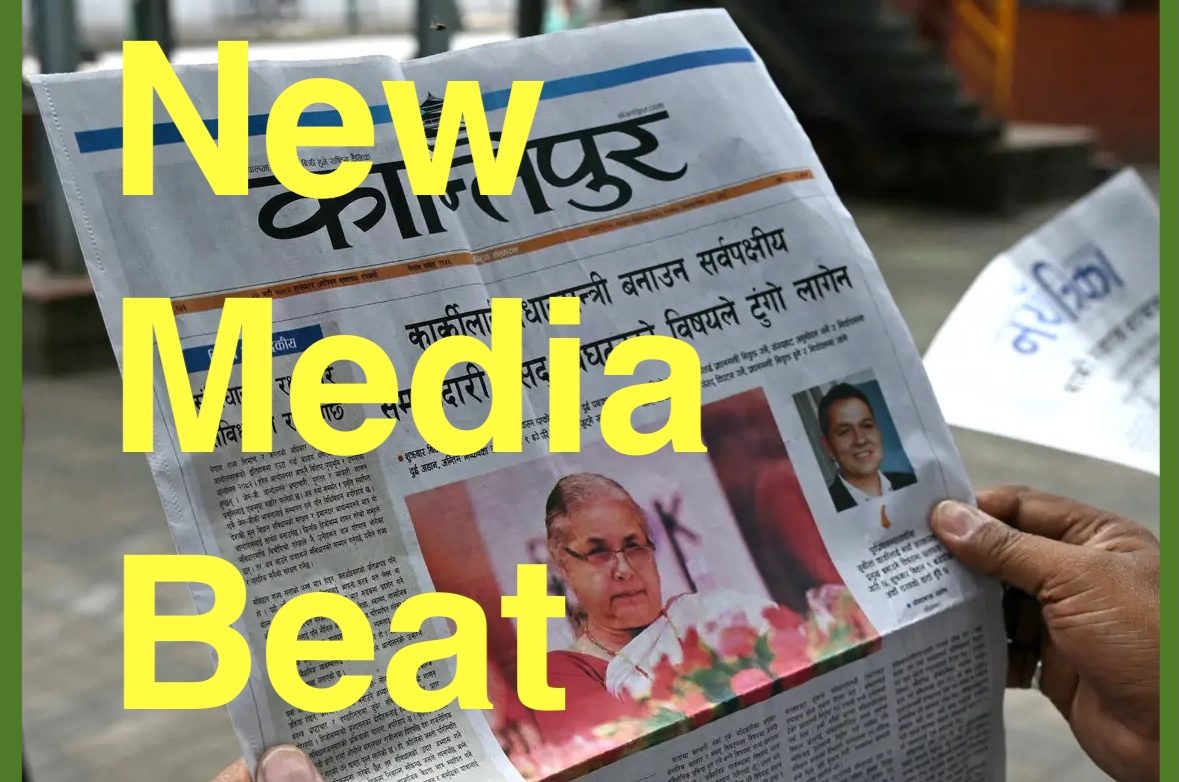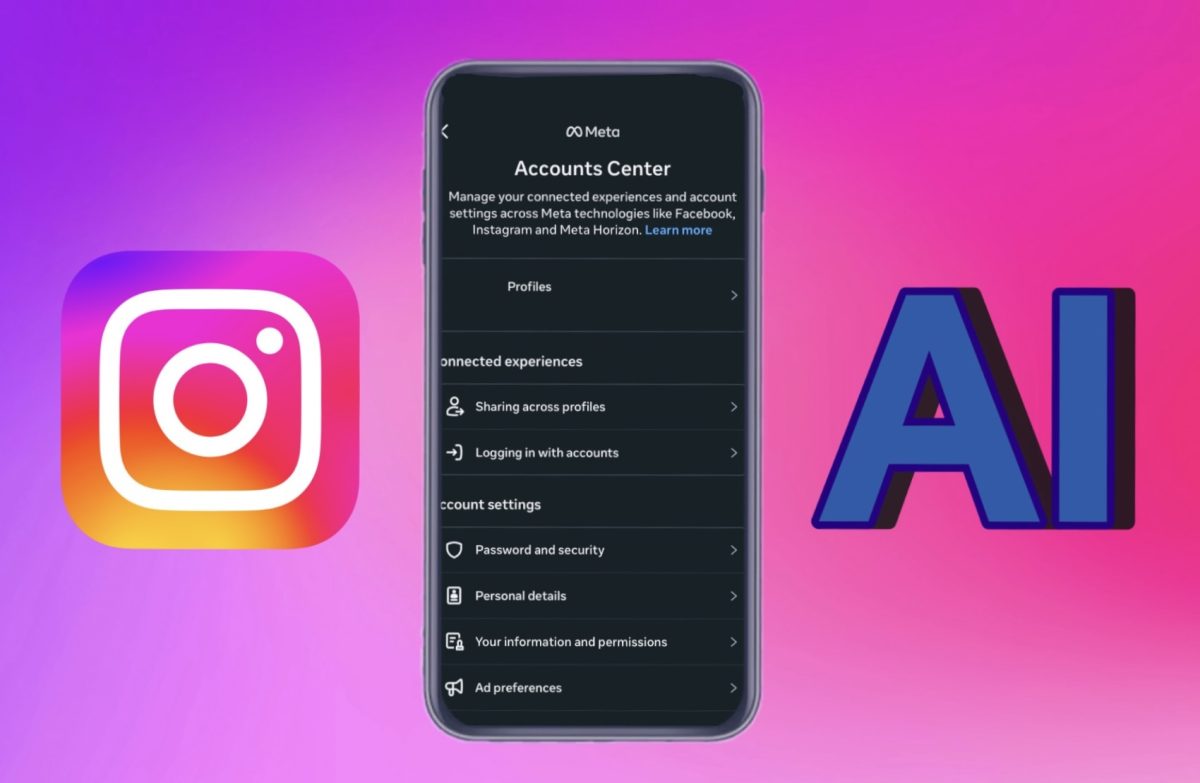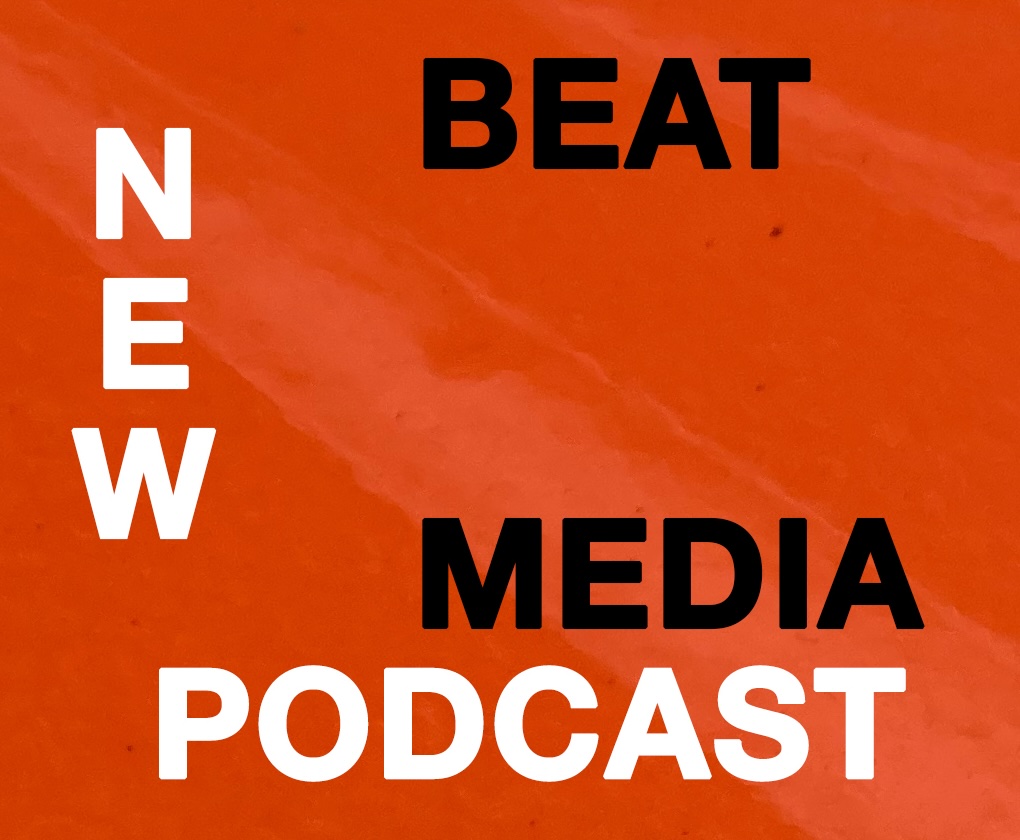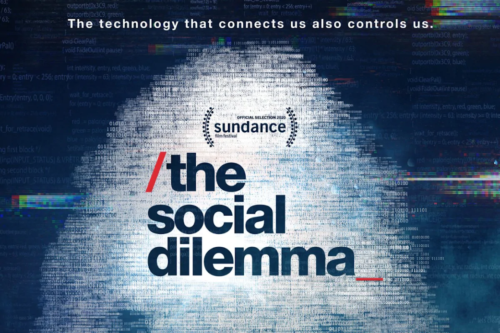
With the majority of us engaging in social networking on a daily basis, the risks that accompany this seemingly harmless act may be easy to overlook. We know the dangers of social media on our mental health , such as the increased risk of depression and anxiety, but there may be something even more frightening lurking behind the screen.
The Social Dilemma is a 2020 documentary film directed by Jeff Orlowski that explains the dangerous impact of smartphones and social media on human behavior. The film begins with former employees of companies like Instagram, Twitter, Facebook who were seemingly nervous and anxious to tell their stories. One of the interviewees, who previously worked at Google but did not introduce himself, stated, “This is why I spent like eight months talking back and forth with lawyers..this freaks me out” before stating that he left the job due to ethical concerns in the industry. I imagine that there may be various legal risks to putting these large platforms on blast with inside information, as companies like Facebook are already firing back at the film by calling it ‘distorted’ and ‘sensationalist.’”
Several of the interviewees, including the former President of Pinterest Tim Kendall, explained that while these social networks have been used for amazing things, they can also be extremely destructive. Kendall said,“These tools actually have created some wonderful things in the world. They’ve reunited lost families, they’ve found organ donors, I mean there were meaningful systemic changes happening around the world because of these platforms.” Still, he acknowledges that he may have been naive about the potential for evil that they could hold.
These networks often take on a life of their own, but the creators consciously knew how to manipulate their users in order to help their company grow.
The link between mental health issues and social media has grown in the past years, with studies coming out to explain why the addiction to our devices may be degrading our minds. The Social Dilemma highlights multiple broadcast journalists who explained how many young individuals have gotten plastic surgery to look more like a Snapchat filter, or how the spread of conspiracy theories like Pizzagate have grown in popularity due to the easy access of social media to adolescents. The film goes on to show how these large companies exploit their users for financial gain and seek to create an addiction to their platforms in order to keep the money coming in. Each network is simultaneously competing for our attention at all times.
The film directors created dramatizations to portray how algorithms work to keep people engaged and spend time on their platforms; if your inactivity is noticed, they will use push notifications to pull you back on. Using a compilation of all the videos you’ve watched and all of the pictures that you’ve liked or posted, these social media models can now predict where a person may go or what kind of emotions tend to trigger them.
Aza Raskin, a former employee of Firefox and Mozilla Labs, said,Advertisers are the customers, we’re the thing being sold.” He went on to quote a classic saying in the world of technology: “if you’re not paying for the product, you are the product.” The ex-employees referred to us as “lab rats” in a long term experiment.
The problem may be larger than social networking apps trying to nurture an addiction to what they offer. Jalen Lanier, American Computer Philosophy writer, believes that the product that they are actually attempting to sell is the gradual, slight, imperceptible change in our own behavior and perception that is enticing to these companies. They are not just fighting for our attention, they are fighting to change how we think about the world. Social media creators are able to optimize our basic biological imperative to connect with people, and exploit it for financial gain despite the consequences that it may have.
Its role in politics is increasingly concerning, as many are spreading disinformation and dangerous views for all to see. Facebook and Twitter have become a battle ground for political expression, and the social media apps were previously under scrutiny due to their refusal to pull down “fake news” during campaigns and increase their fact checking capabilities. Recently, both Facebook and Instagram have claimed to have removed over seven million posts that were spreading misinformation, and pledged to keep the trust with their users.
The Social Dilemma is a frightening documentary that explains how social media not only tracks our every movement online, but that extensive amounts of data are collected and recorded on our every move, resulting in a more efficient way to keep us scrolling. One of the interviewees explained, “they know how long you look at an image, they know when people are lonely, they know when people are depressed, they know when people are looking at photos of your ex’s romantic partner, they know what you’re doing late at night, they know the entire thing. Whether you’re an introvert or an extrovert or what kind of neurosis you have; what your personality type is like.” Social media is often referred to as a drug, that has the power to manipulate us and consume our sense of self-worth and identity. This film, featuring several former employees of large tech corporations, tells us what really goes on behind closed doors




